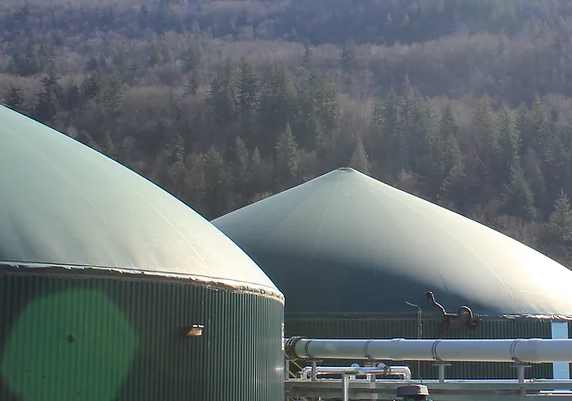
Considering the current rates of biogas and biomethane production, Europe could avoid 106 million tons of CO2 emissions each year, provide renewable energy to 19 million European households year-round, and fuel 533,000 LNG trucks annually.
The rollout of biogases will be key to reinforce the EU's competitiveness and leadership on clean technologies in the coming years, but also the resilience of the EU's energy system. According to Eurostat, 98% of the EU's natural gas demand in 2022 was covered by imports. Considering this significant reliance on external energy supplies and the resulting dependency on third parties, investing in biogases remains vital.
Despite the figures confirming the growth of the sector, as well as its role in achieving climate goals and energy independence, a greater focus on the optimization of market and regulation, including coherent planning of biomethane potential and faster permitting procedures, will be essential to ensure sustained growth in the coming years.
“Europe's greatest resource for reducing reliance on foreign energy providers is a combination of all renewable energy sources, including biogases. Biogases are a key contributor to renewable energy provision and not only in volume terms. Thanks to their flexibility, energy storage capacity, and ability to generate dispatchable power, support biogases and facilitate growth in other renewables,” explains Harmen Dekker, EBA's CEO.
Biomethane production alone grew to 4.9 bcm in 2023 with an installed capacity of 6.4 bcm/year by the first quarter of 2024. This represents the biggest increase in biomethane production so far, with a higher year-on-year production rise concentrated in the EU area (21%).
In terms of end-uses, biomethane consumption concentrates in the sectors with the highest energy consumption, supporting their swift decarbonization. In 2023, 23% of the biomethane produced in Europe was used for transport, 17% for buildings, 15% for power generation and 13% for industry.
Additionally, the biogas and biomethane industries can supply an important source of biogenic CO2, produced as co-product of the renewable gas. Biogenic CO2 can be used for the sustainable production of, for example, e-fuels, sustainable chemical products and CCS, which is still unexploited today. In 2023, Europe could have utilized 29 Mt of biogenic CO2, based on the volume of biogas and biomethane produced in that year (22 bcm). This corresponds to 71% of the 2022 CO2 demand in the European Union.
With adequate support, over the next six years up to 2030, the number of jobs in the sector can grow towards 500,000 and generate an additional benefit of 12 billion €/year to the European bioeconomy, considering that at least 25 billion € will be invested in Europe's biomethane by 2030.

